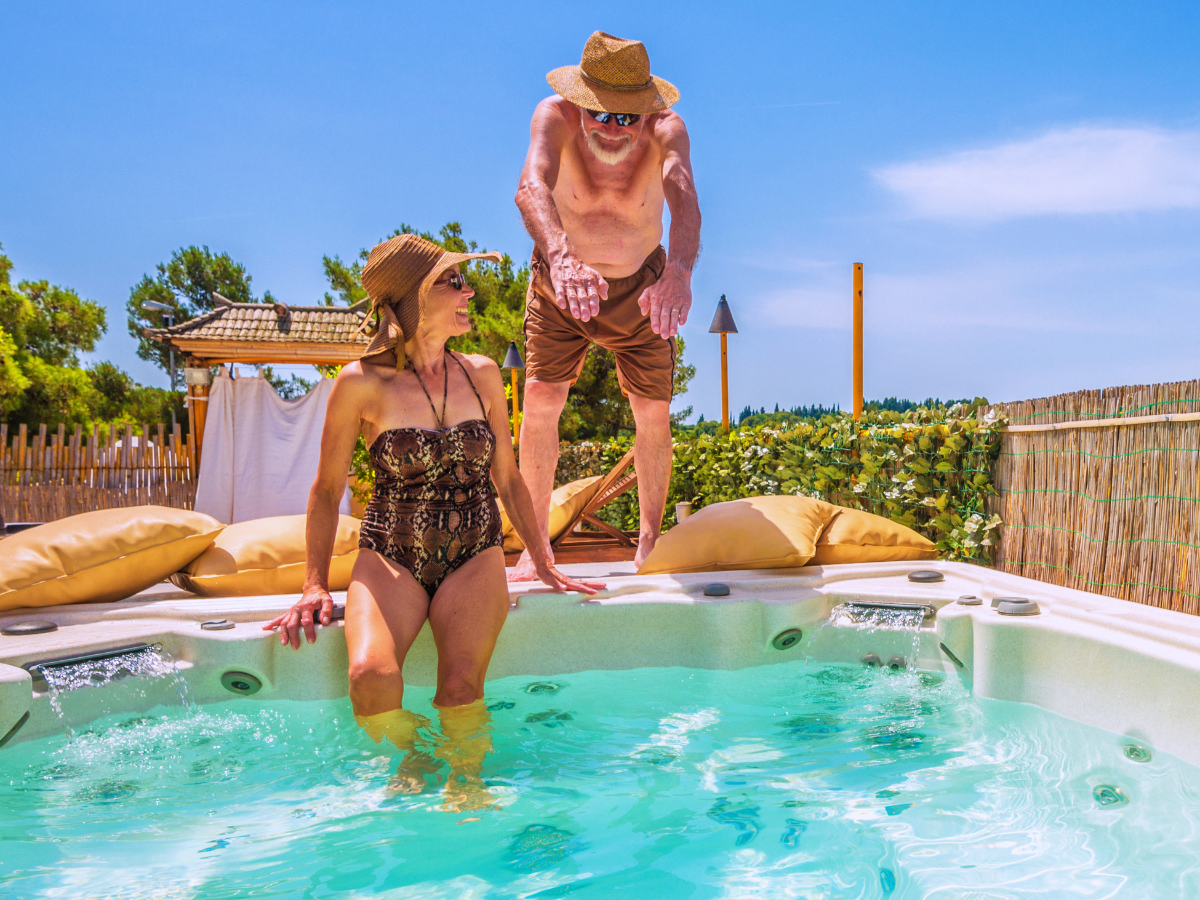There are many reasons that older adults may either forget or wish not to bathe. Consider the fact that, due to mobility limitations, many seniors require help at bath time. This isn’t something they’re particularly fond of. The losses of both privacy and independence can cause an elderly individual to avoid the shower altogether.
Naturally, it may take some coaxing on the part of the caregiver to get an older adult to bathe. As you may have guessed, this requires a sensitive approach. Let’s discuss how to gently nudge your elderly loved one to shower.
Show your respect on a consistent basis.
As a caregiver, you can’t be blamed for being inclined to take control. It’s a natural feeling to want to assert yourself in order to get your elderly loved one to do what is necessary. Bathing, of course, is a regular requirement. However, when getting the senior in your life to bathe, it’s imperative you show your respect. Of course, he/she is your elder. But, in addition, your kindness can go a long way in encouraging your loved one to follow through on your requests.
“One thing that seniors tend to keep a tight grip on for as long as possible is their own personal hygiene,” points out Carol Bradley Bursack on AgingCare.com, “Caregivers and family members can nag all they want, but the more you pester them about something, the more they tend to resist. They may react with a remark like, ‘This younger generation is trying to take over everything. Well, they aren’t telling me when to shower, that’s for sure!’”
Be open to a discussion.
It’s wise to not approach your elderly loved one’s bath time situation with a “put my foot down” attitude. Have a respectful conversation that involves an inquiry into why your aging parent may not wish to bathe. Offer such reminders as to when the last time he/she took a bath. In addition, as Lindsey Fancy of Winnipeg’s Home Care Assistance recommends, try to discover the underlying cause of the refusal to bathe and see if there is anything you can do to fix it.
“If your loved one’s reasons for not bathing seem illogical or irrational, it may be a sign something is wrong,” she alerts, “Your loved one may be feeling depressed, or he or she may be in the early stages of dementia. It’s a good idea to discuss going to the doctor for a quick checkup.”
Cater to their dulling senses.
Remember that your elderly loved one isn’t likely to have his/her senses as strong as they once were. It is very likely that your aging parent may have a diminished sense of smell. If so, he/she isn’t bound to notice the scents emitting from his/her body. This, of course, can lead to the assumption that a bath isn’t necessary. As Bursack informs, your nose may easily pick up what elders may not even notice.
“They are especially ‘nose blind’ to their own smell and that of their home,” she writes, “This is because their senses are not as keen as they once were. With the aging process comes a weakening of the senses, especially one’s sense of smell. Many seniors begin showering and changing less frequently because it is harder for them to notice the tell-tale scent of body odor or see stains on their clothing that indicate it’s time for a wash-up and a load of laundry.”
At Advantage Home Health Solutions, we offer a wide variety of bath safety products that work wonders in assisting the elderly with bathing. They include transfer benches, grab bars and bath chairs among numerous others. To learn more, please don’t hesitate to give us a call at 403-460-5438. You may also email us by filling out the form on our Contact page!



